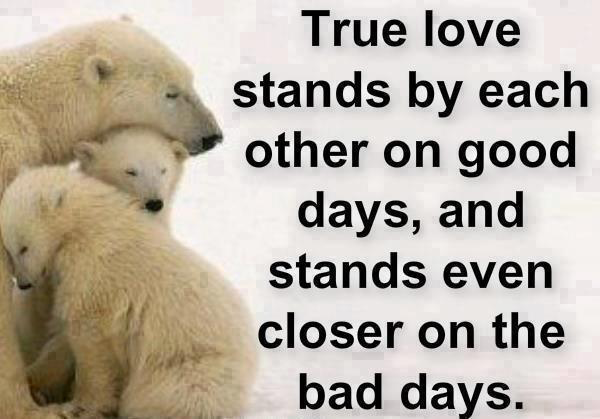

Representations or warranties of any kind. Stacker offers its articles as-is and as-available, and makes no If your organization is interested in becoming a Stacker
#LOVE MEMES FOR HIM LICENSE#
Stacker distribution partners receive a license to all Stacker stories,Īs well as image rights, data visualizations, forward planning tools,Īnd more. Only track the URL and number of page views - no user information is This is critical to keeping Stacker’s journalism freely available.
#LOVE MEMES FOR HIM CODE#
To publish, simply grab the HTML code or text to the left and paste into Restrictions, which you can review below. Republish under a Creative Commons License, and we encourage you to To that end, most Stacker stories are freely available to Stacker believes in making the world’s data more accessible through You might also like: What "woke" and 50 other millennial sayings mean While the almost self-replicating nature of these vague symbols can get exhausting, memes in their essence can also bring people closer together-as long as they have internet access.

Stacker hunted through internet resources, pop culture publications, and databases like Know Your Meme to find 50 different memes and what they mean. Online forums like Tumblr, Twitter, 4chan, and Reddit are responsible for a majority of meme infections, and with the constant posting and sharing, finding the source of an original meme is easier said than done.

Just when you've grasped the meaning of one hilarious meme, it has already become old news and replaced by something equally as enigmatic. With the infinite number of memes scattered across the internet, it's hard to keep track. Some memes are created just for fun by creative or bored internet users, but others are made with the explicit intention of going viral to promote political ideas. Apart from assembling a definitive list of the world's favorite memes, the academic study also explored the influences (both positive and negative) that memes have on different communities. A team of scientific researchers from University College London, Cyprus University of Technology, the University of Alabama at Birmingham, and King's College London came together in September 2018 to research the internet's most popular memes. Where did they come from? More importantly, what do they mean? Even modern science is hopping on the meme train. Memes have always come with an air of mystery, intriguing and confusing even the most computer literate. The dictionary editors officially added the entry along with “emoji” and “clickbait” to the formal dictionary in May 2015. Merriam-Webster defines “meme” as “an idea, behavior, style, or usage that spreads from person to person within a culture” or “an amusing or interesting item (such as a captioned picture or video) or genre of items that is spread widely online especially through social media.” That definition hasn't been around forever-it hasn't even been around for five years.


 0 kommentar(er)
0 kommentar(er)
